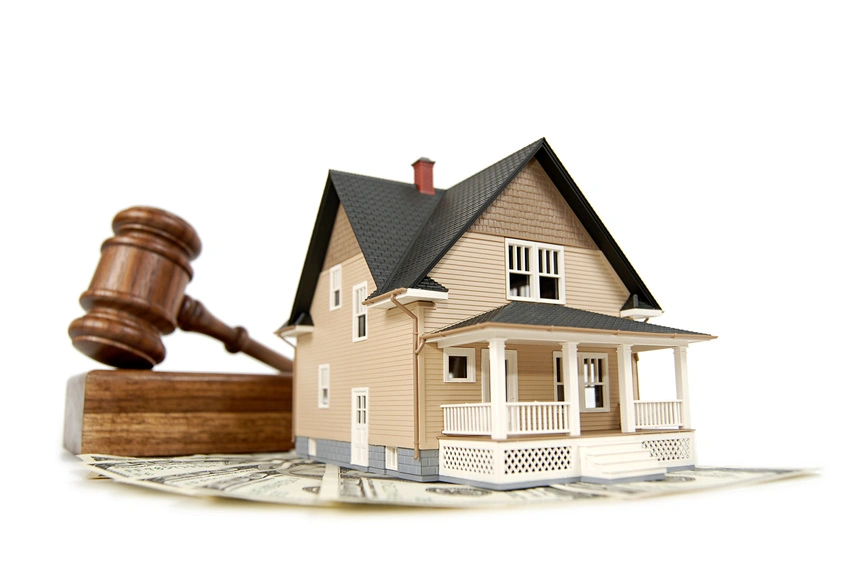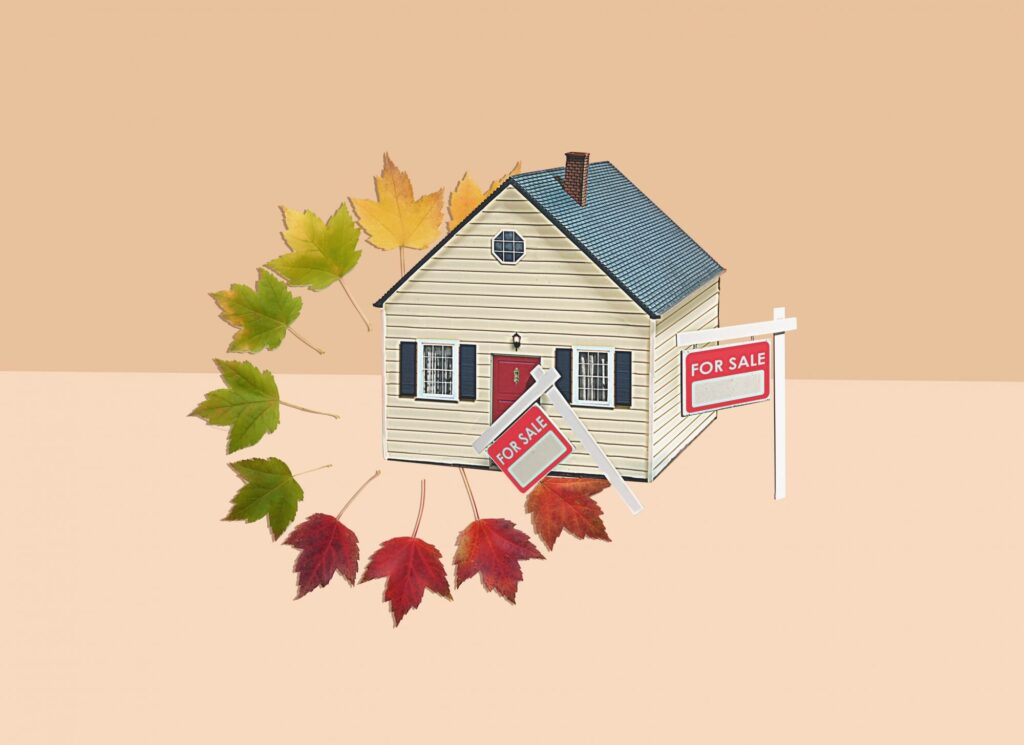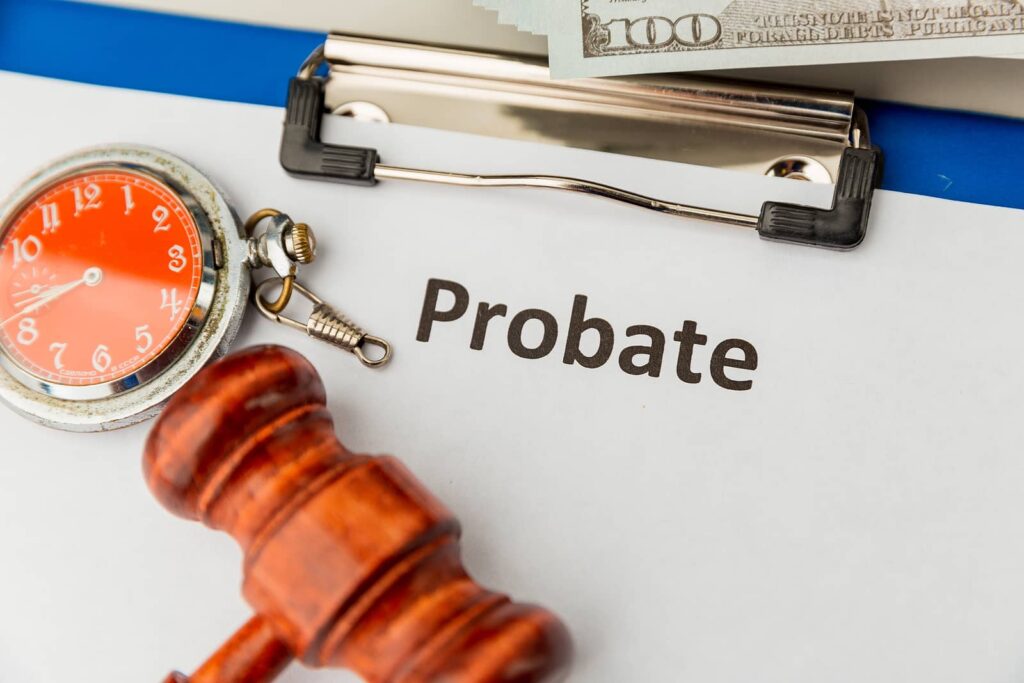Should I Hold or Sell My Home?
There are many responsibilities that owners face, and one of them will be determining whether it is time to hold or sell. Much depends on this decision. Sell too early and you could miss out on the looming price hike. Sell too late when you are in financial difficulty, and you risk ending up in […]
Should I Hold or Sell My Home? Read More »








